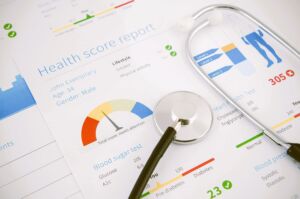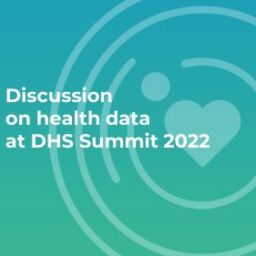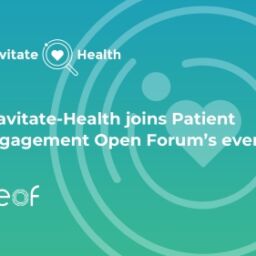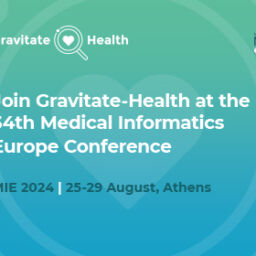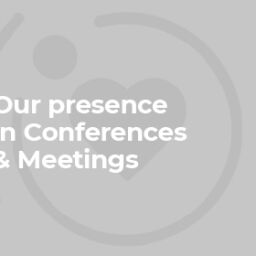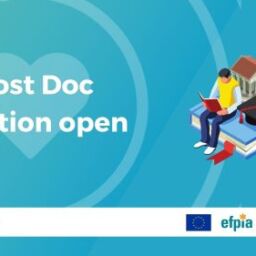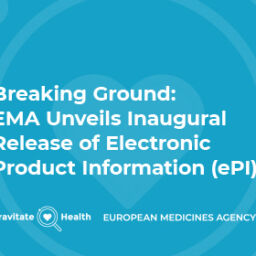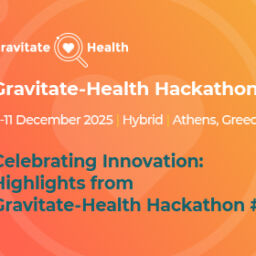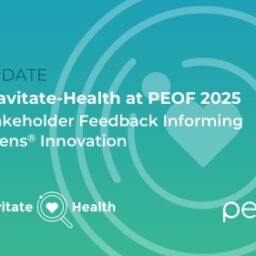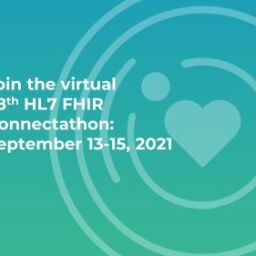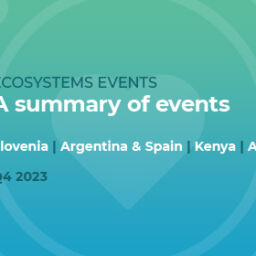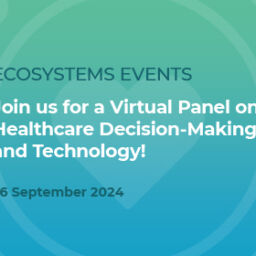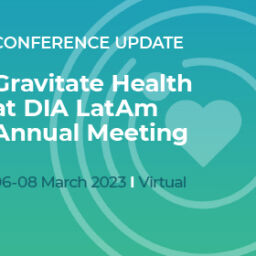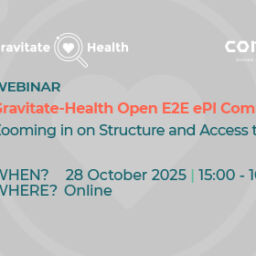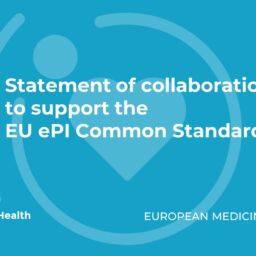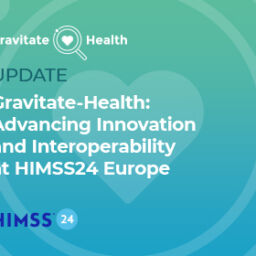Patients and the public need to engage more with health data
There is a massive opportunity to improve healthcare systems, to empower patients to maximise their health outcomes, and to accelerate research through better use of health data, argues Professor Dipak Kalra. To seize this opportunity, we must collectively invest more in education, education, education.
Patients are enthusiastic about having greater access to their health information. The evidence from surveys, and the experience of many health system portals is clear about that. Patients wish to understand their health conditions and their implications. They also want to know why they should adhere to their treatments, what to expect in the future. Further, they seek information about how they can help to mitigate risks, while maximising their health outcomes and quality of life. Treatment adherence is a growing global challenge as our population accumulates multiple long-term conditions (multi-morbidity) with a parallel increase in treatment complexity [1].
We can only raise patients’ level of treatment adherence and confidence in their treatment if we increase their access to information and education about diseases and medicines. They require health literacy- the ability to access and understand and use health information – and to understand their health records (health data literacy).
The Gravitate Health project will equip and empower citizens with digital information tools to help them become more confident in their patient journey, specifically encouraging safe use of medicines [2]. Its primary innovation is the Gravitate Lens (G-Lens). The G-Lens focuses (but does not conceal or filter) approved ‘electronic Product Information’ – information about the medical product adapted for digital use (ePI). It will offer a route for patients to access trustworthy, up-to-date information that better meet their individual needs. The G-Lens will be accompanied by educational and behavioural functions to help support patients with taking their treatment correctly and with full understanding. This is one example meeting the need for greater investment, across all strata of society, in education and tools to support patients with complex treatments for multiple long-term conditions.
Education – Patients also have huge potential to contribute data. They can collect this data, for example, in the self-management of health conditions through apps or wearable sensors. There is emerging evidence that patient self-management through digital tools has a positive impact on outcomes. For instance, tele-monitoring in heart failure improves cardiac function, reduces heart failure severity, improves physical and emotional well-being and quality of life, and reduces future hospitalisations [3].
Of particular importance is the opportunity for patients to contribute health outcomes (Patient Reported Outcome Measures, PROMs) and experiences (Patent Reported Experience Measures, PREMs), which are rather poorly collected at present.
The H2O project will establish a network, initially in four European countries, which will equip patients with apps to collect health outcomes in three disease areas [4]. These data will be combined, with patient consent, with outcomes-relevant health data from their hospital record. This will provide both patient and clinician with a holistic picture of the health outcomes impact of the care pathway. H2O hopes to facilitate enriched joint clinician/patient decision-making to improve outcomes. It also aims to collect this data in national outcomes observatories for health systems planning.
A European Observatory will enable cross-country outcomes research. Patient education to understand health outcomes and their meaning in care decision-making is a vital success factor. It is crucial to encourage adherence to outcomes data collection, and to ensure that these collected outcomes deliver patient benefit. H2O is working with patient organisations to develop this education.
Education – H2O is an example of many initiatives that recognise the value of patient generated data for research. This data is especially useful when combined with their electronic health record from hospitals and general practitioners. This rich information is an invaluable resource to accelerate drug development and safety monitoring. It also supports medical device and algorithm development, public health monitoring, and health systems strategy.
However, data protection regulations (the GDPR) – rightly – enforce the rights of individuals regarding who may hold and utilise their personal health information. They also and oblige organisations to have a legal basis for processing that data. This basis might be individual patient consent, or a more collective social contract to make use of anonymised health records.
Clearly, public support for the many potential uses of health data will only scale up if we invest in educating them about the benefits from research using health data, and the security safeguards that can protect their identities when the data are analysed. This is also a critical area of population-wide data literacy, and multiple stakeholders must be prepared to invest in it. An example initiative that is spearheading public engagement in this understanding is Data Saves Lives [5]. My own institute is part of this initiative, and we also develop other resources intended to increase public understanding about health data [6].
Governmental, academia, industry and patient organisations must unite to develop and fund the delivery of data literacy education for all.
- Professor Dipak Kalra is President of the European Institute for Innovation through Health Data and a Visiting Professor at the University of Gent, Belgium
- Visit the European Institute for Innovation through Health Data [i-HD] microsite to learn more about the organisation’s role in Gravitate Health Project.
References
- Onder G, Palmer K, Navickas R, Jurevičienė E, Mammarella F, Strandzheva M, Mannucci P, Pecorelli S, Marengoni A; Joint Action on Chronic Diseases and Promoting Healthy Ageing across the Life Cycle (JA-CHRODIS). Time to face the challenge of multimorbidity. A European perspective from the joint action on chronic diseases and promoting healthy ageing across the life cycle (JA-CHRODIS). Eur J Intern Med. 2015 Apr;26(3):157-9. doi: 10.1016/j.ejim.2015.02.020
- The Gravitate Health project. https://www.gravitatehealth.eu
- Ware P, Ross HJ, Cafazzo JA, Boodoo C,Munnery M, Seto E. Outcomes of a Heart Failure Telemonitoring Program Implemented as the Standard of Care in an Outpatient Heart Function Clinic: Pretest-Posttest Pragmatic Study. J Med Internet Res 2020;22(2):e16538. doi: 2196/16538
- The Health Outcomes Observatory project (H2O). https://health-outcomes-observatory.eu
- Data Saves Lives. https://datasaveslives.eu
- The European Institute for Innovation through Health Data. https://www.i-hd.eu



